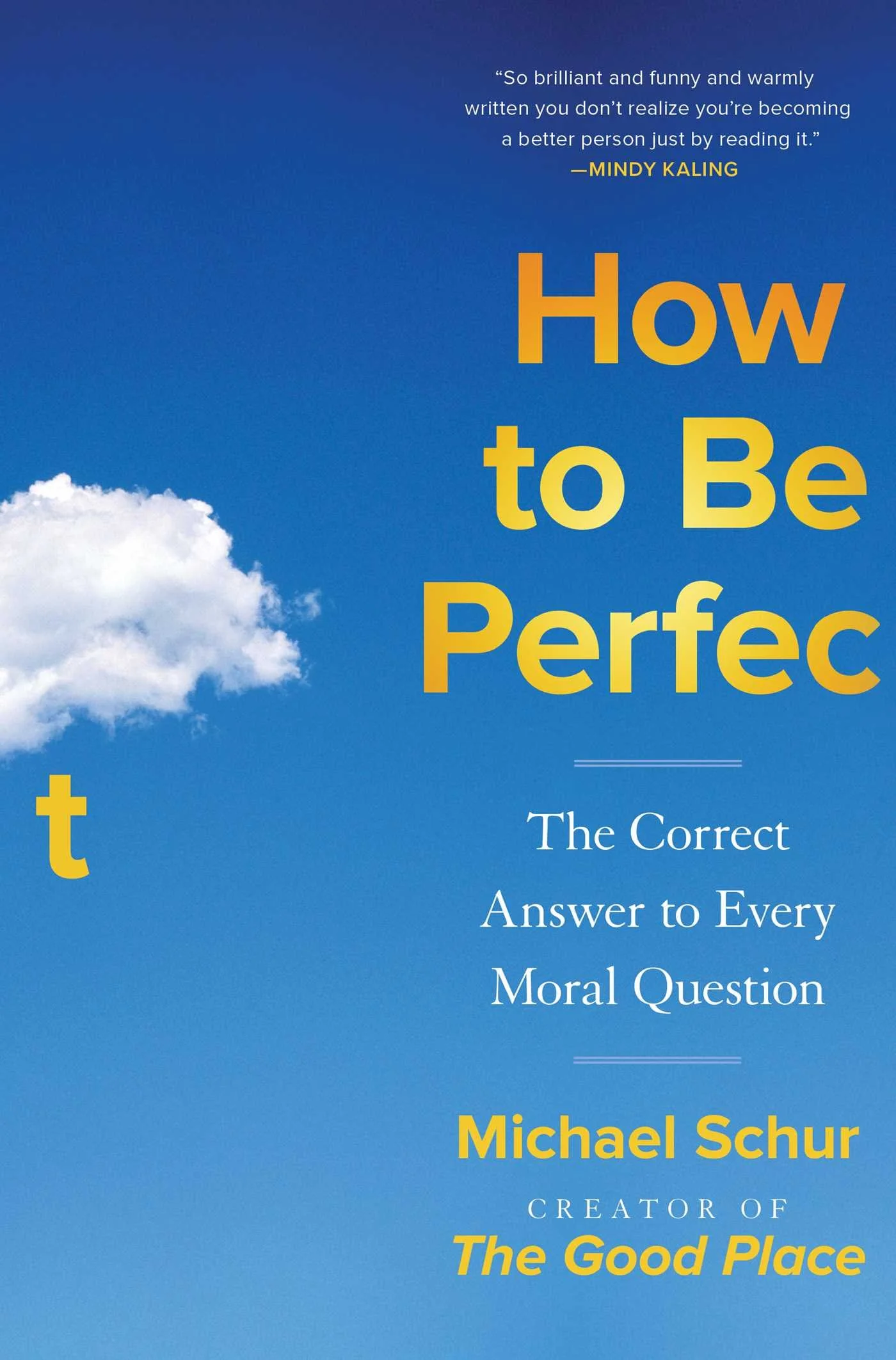Recovering from perfectionism
Hi, my name is Karla. And I’m a perfectionist.
For many, many years, perfectionism was my calling card—something I owned and thought was a fine attribute. After all, it’s just an intense version of attention to detail…right? Something which every *freaking* job posting claims they want. (Seriously, people, be a little less generic.)
Unsurprising to anyone who doesn’t suffer from perfectionism, this quality is not only annoying—it’s also counter-productive.
My brand of perfectionism, somewhat ironically, has never actually aimed toward perfection. As a rational human being, I, like most people, know that’s impossible as an inherently flawed human. And perfection is relative, and so on…
Instead of pushing myself or others to be perfect, I push us to do more. When a guest visits, a considerate host makes up a bed for them with clean sheets. A perfectionist host also vacuums the whole place, hides unsightly things in closets or cleverly obscured shelf arrangements, hangs framed pictures that have sat unhung for months, reorganizes the cupboards (for no apparent reason), and buys groceries to cook several time-consuming recipes that would otherwise be a once-a-month attempt. And then wonders why she’s exhausted before the person even shows up.
A diligent worker gets a new project off the ground with a meeting and then doles out assignments. A perfectionist does hours of research before the meeting, drafts a detailed agenda, takes meticulous meeting notes while also sharing a presentation, documents feedback and follow-up items, crafts assignments with links out to all these materials, creates templates for all project participants to use, and sets up reminders to track each item to completion. And wonders why everyone doesn’t do the same.
Some folks will read those examples and think, “whoa, overboard much?” But I read back what I’ve just written, and I still see some value in all that effort. I still see the beauty in structure.
But I also recognize that all those efforts prioritize doing things over making an impact. Does a guest really care about decorations being hung or cupboards being organized? Would they even notice? Will colleagues even reference all the research and notes laboriously created? Are templates or overly-detailed assignments limiting their creative freedom?
Can I trust other people’s judgment of when enough is enough? Can I trust my own?
I’m not one for New Year’s resolutions because I generally avoid making promises I know I can’t keep. But this year, I set a New Year’s intention’ (semantics, you might say, but nonetheless) to do less. To get off my self-inflicted toxic-productivity capitalist-BS hamster wheel and focus on what matters. Focus on things I truly enjoy. Or things that help me grow or areas I can have an impact. And trust that I’m better off when I’m not trying to be this bizarre, enlightened, accomplished version of myself, striving toward others’ ideals of #livingmybestlife—measuring myself against others’ progress instead of figuring out what makes me happy.
And not to pat myself on the back too much—I already admitted that those earlier lists sparked a Marie Kondo-esque joy in me—but I’ve made some progress. I’ve set aside my big self-improvement projects. I’ve given myself grace when I didn’t ever get around to that thing I thought I might do but turned out to be unimportant given how many times I put it off. I started listening to my body and prioritizing my health over productivity. I’ve stopped carrying around my mental to-do list like a cartoon cloud over my head. I’ve been fairly consistent at practicing gratitude and spending time with my thoughts in journals.
I’m on the path to recovery. I’m not over perfectionism and probably never will be. But I at least recognize that it’s not something to aspire to. And talk myself off to-do cliffs.
P.S. I am, however, reading How to Be Perfect: The Correct Answer to Every Moral Question by Michael Schur, and highly recommend. Spoiler alert: It’s not actually about achieving perfection.





